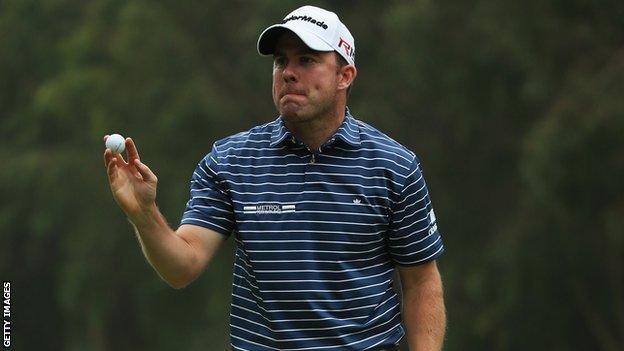Richard Wilson: Scotland unharmed despite Gibraltar scare
- Published
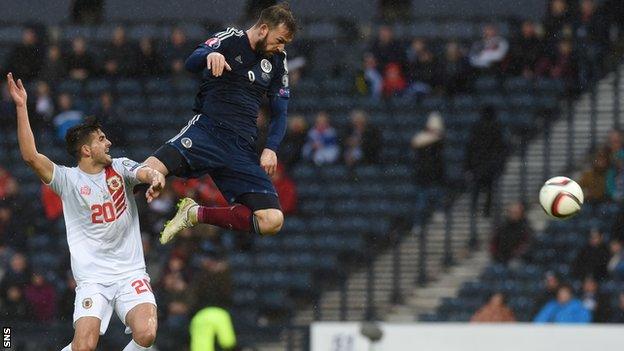
Steven Fletcher scored a hat-trick as Scotland ran out 6-1 winners against Gibraltar
Gordon Strachan had urged the Scotland support to be patient, but that quality turned out to be vital for his own perspective.
The team's starting shape against Gibraltar was unconventional and the manager felt compelled to remain committed to it even while the display wasn't convincing.
This was an awkward occasion, to experience and to judge.
Scotland lined up in a 3-2-4-1 formation, with Russell Martin flanked in defence by two attacking fullbacks in Alan Hutton and Andrew Robertson. At times, it seemed as though the players could not adjust to their roles and despite the width - Matt Ritchie was wide right and Ikechi Anya was wide left - Scotland seldom overwhelmed their opponents on either side.
Strachan later admitted to sticking with the system in the opening half to see if his players "could pass the ball better". A practice match the previous day had delivered, to his eyes, a much sharper and more coherent passing game, but individuals were off form at Hampden.
The question in the first-half was if this was due to the unfamiliarity of the system. The emphasis was on width and trying to play through the Gibraltar defence, but the reality was that too often the ball was shuttled across the field via Martin or Scott Brown and James Morrison, the deep-lying central midfielders. There seems to be no discernible advantage to the unusual structure of the team.
It also seemed to constrict the best qualities of Hutton and Robertson, since neither marauded forward as often as they normally do from the fullback positions. To compound the uncertainty, Scotland were caught cold by a Gibraltar break upfield and the visitors scored their first goal in a qualifying match, to level the score at 1-1.
At that stage, with 19 minutes played, the home support would have felt a familiar sense of alarm. Yet by half-time Scotland were 4-1 in front. Poor defending and rash decision-making by the Gibraltar goalkeeper Jamie Robba contributed to Scotland's lead, but there was professionalism and dependability in the way that chances were converted.
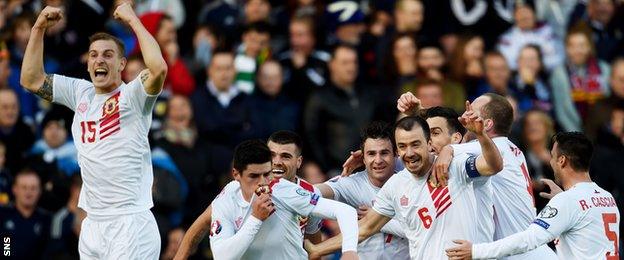
Gibraltar temporarily rocked Hampden when Lee Casciaro equalised
The conundrum of this encounter turned out to be that when Scotland switched at half-time to a more recognisable structure, playing 4-2-3-1, the team became further bogged down. It was only the sharpness of Steven Fletcher's movement and finishing that brightened the outlook.
Ultimately, this was an assignment that had to be dealt with as cleanly and clinically as possible. It will irk David Marshall that he became the first goalkeeper to concede a goal to Gibraltar in a competitive international, but otherwise Scotland racked up six goals when Germany, through poor finishing, only scored four and Georgia only managed three.
The 7-0 defeats to Poland and the Republic of Ireland in the opening two games provide some context, and the Gibraltar caretaker manager Davie Wilson insisted afterwards that the side is making slow but steady progress.
Even so, his aim beforehand was to try to score and improve on the Germany scoreline, and he spoke about taking his players to Glasgow's transport museum on the morning of the game and then to a favourite fish and chip shop of his in the city centre afterwards.
Scotland could not be so flippant about the task in hand, and it was essentially a thankless job for Strachan because a convincing scoreline was anticipated.
Eventually, Scotland delivered something in between. The result was emphatic enough, but conceding the goal was the result of some sluggish thinking at the back and the overall display, including the change in shape at half-time, was less convincing.

Steven Fletcher scored the first Scotland hat-trick since Colin Stein's four goals against Cyprus in 1969
Only the points will likely count from meetings with Gibraltar, though, since the goal difference gained from the side that finishes bottom are secondary to the head-to-head record that would separate Scotland from Germany, Poland or the Republic of Ireland. To that end, winning the game was vital and Scotland now have more critical fixtures to prepare for.
The trip to Dublin to face the Republic of Ireland became even more significant following their draw with Poland. That result leaves two sides near the top of Group D on 10 points, with Poland one point clear and the Irish two behind Gordon Strachan's men.
A win in Dublin would leave Scotland with a commanding lead over Martin O'Neill's side and with their fate in their own hands since Poland have still to visit Hampden.
The overall sense is still of progress under Strachan, since the team has been mentally strong and is well-placed in a group that has delivered unexpected results, such as Germany losing to Poland and drawing with the Republic of Ireland. Nonetheless, Scotland have yet to suffer a setback.
Strachan acknowledged that some of his players suffered dips in form against Gibraltar but praised their application and commitment. Sometimes, those qualities are just as vital as skill and aplomb. There is still momentum to Scotland, and optimism for what lies ahead.
- Published29 March 2015
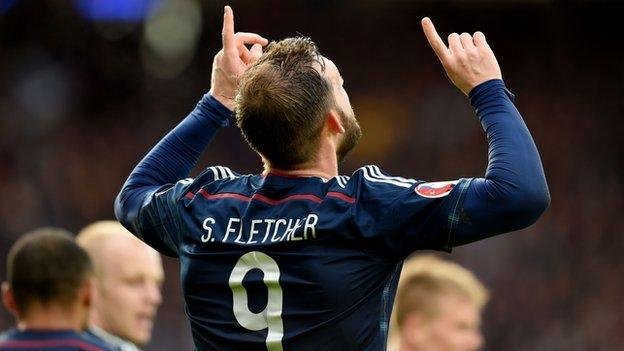
- Published30 March 2015
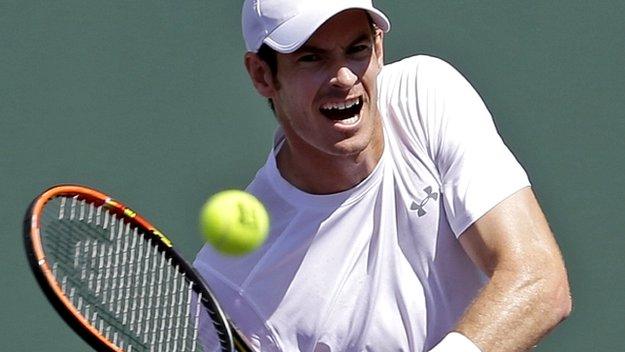
- Published29 March 2015
